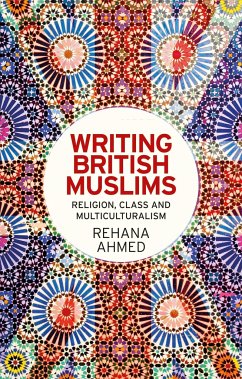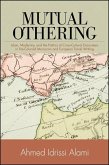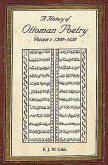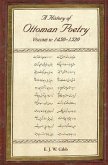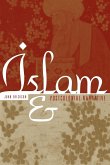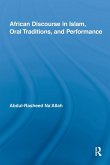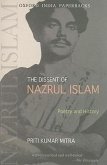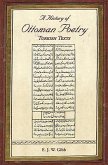The Rushdie affair, 9/11 and 7/7 pushed British Muslims into the forefront of increasingly fraught debate about multiculturalism. Stereotyping images of the veiled submissive woman, the bearded fanatic and the 'self-segregating' ghetto have proliferated, reducing a heterogeneous minority group to a series of media soundbites. This book examines contemporary literary representations of Muslims to explore the contribution they make to urgent questions about multicultural politics and the place of Islam within Britain. Through close analysis of fiction by British writers of South Asian Muslim descent - including Salman Rushdie, Hanif Kureishi, Monica Ali and Nadeem Aslam - and five post-9/11 memoirs, Writing British Muslims complicates and challenges the dichotomy of secular freedom versus religious oppression that constrains thinking about Muslims in Britain. By taking a materialist approach that centres on class and scrutinises the intersection of class with faith, 'race' and gender in identity- and community-formation, the book exposes the limits of liberalism when considering South Asian Muslims in Britain and invites a more nuanced perspective on multicultural debates and disputes. It reframes freedom of speech controversies (surrounding Rushdie's The Satanic Verses and Ali's Brick Lane) by foregrounding the unequal access to economic and cultural capital that underpins them, and, in its opening chapter, explores the presence and practices of Muslims in Britain throughout the twentieth century, providing an important historicisation of discourses about Muslims and multiculturalism today. Writing British Muslims will appeal to academics and postgraduate and final-year undergraduate students in the fields of postcolonial studies, English studies and cultural studies.
Hinweis: Dieser Artikel kann nur an eine deutsche Lieferadresse ausgeliefert werden.
Hinweis: Dieser Artikel kann nur an eine deutsche Lieferadresse ausgeliefert werden.

